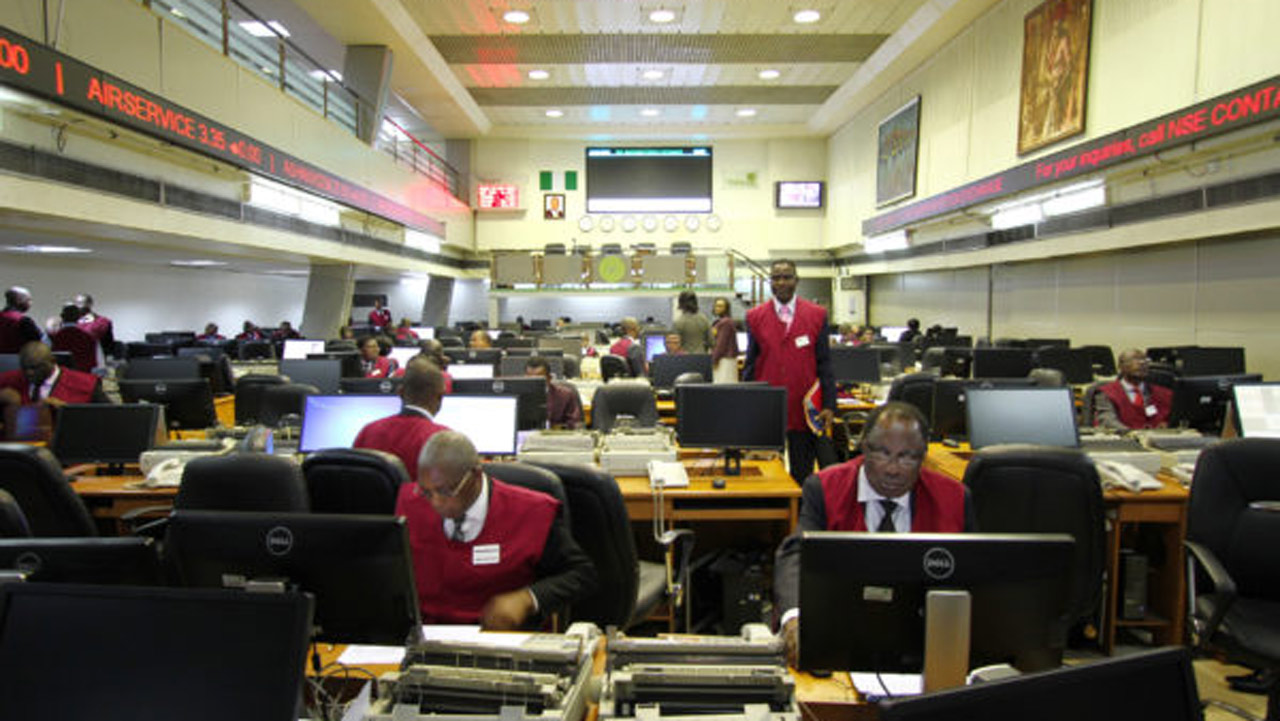
According to African Markets, a website tracking the performance of exchanges in Africa, Ghana Stock Exchange (+22.84 per cent) emerged first while NGX (+19.33per cent) emerged second on the list, followed by Malawi Stock Exchange (+15.79per cent).
This was revealed in a statement issued by the NGX on Friday, where it stated that the ranking comes amidst concerns around soaring inflation, interest rate hikes, weak macroeconomic indices and dwindling foreign capital investment.
The dominance of the local investors in the market has since pushed the All-Share Index to a 15-year high of 66,490.34 basis points on Tuesday as it crossed 66,371.20 earlier recorded on the exchange on March 5, 2008.
Also, in August, the market cap gained N1.4trn on the back of strong positive sentiments. The market cap had opened at N35.011tn and closed the month at N36.422tn.
On the other hand, the ASI which is the broad index that measures the performance of Nigerian stocks, opened August at 64,337.52 basis points and closed August at 66,548.99 signalling a gain of 2,211.47 basis points or 3.44 per cent.
Some analysts have attributed the bullish trend can be attributed to investors’ jostling for low, medium, and high-capitalised stocks across some major sectors, the release of financial reports season as well as some policies introduced by President Bola Tinubu’s administration such as the removal of fuel subsidies, unification of exchange rate.
Reacting to the performance of the market, market analysts maintained that most investors, particularly domestic investors, are optimistic that the economy will take shape soon, hence the reason the stock market is defying current macroeconomic uncertainties.
Cordros Research in their Market review and outlook for financial markets titled; Veering from the watershed point, stated that the equities market resilience reflects heightened investor optimism for domestic growth with the new administration’s promulgation of long-needed policies.
The report said that the implementation of policy reforms, accommodative monetary policy and resilient corporate earnings have so far supported buying activities in August.
“Even though foreign investors are expected to stay on the sidelines as long as FX illiquidity issues persist, its baseline expectation is that the market will deliver a positive return of 25.8 per cent in the full year of 2023,” Cordros report stated.
The year-to-date return currently stands at 30.47 per cent.





